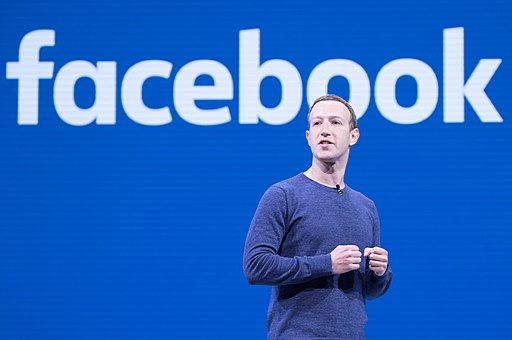The case of Frances Haugen has prompted the newspapers to talk about Facebook, though the confrontational tone hides a problem called advertising.
Facebook drains advertising from newspapers
This contradiction is pointed out by Coinbase CEO Brian Armstrong:
Journalists are big on disclosures of conflicts. They should probably add a disclosure at the end of each negative article on Facebook that "we compete with Facebook for ad spend" pic.twitter.com/LGJNBqh1Kv
— Brian Armstrong 🛡️ (@brian_armstrong) October 13, 2021
According to Armstrong, newspapers that are so good at revealing conflicts should admit in their articles against Facebook that they are “biased”, because Facebook is their competitor for advertising.
The post also includes a graph showing that from 2001 to 2017 the amount spent on advertising increased, but the amount given to magazines and newspapers gradually decreased, devoured by the 33% of advertising revenue recorded by digital channels.
Digital channels have multiplied their advertising revenues by a factor of 10.
This, according to Brian Armstrong, justifies the fact that the tone of newspapers towards Facebook is always rather confrontational.
How the world of advertising is changing
The change in the way of advertising is probably due to the decrease in sales of printed newspapers, combined with the proliferation of digital channels.
Thanks to algorithms, digital channels are able to maximize results. This is possible by intercepting the preferences of users to whom they want to show banners.
In its Global Marketing Trends report, Deloitte explains, citing the case of Norwegian Air:
“For instance, Norwegian Air used machine learning algorithms to identify the customer attributes and activities that most often led to flight bookings.8 Doing so helped the company decrease its cost-per-booking by 170% while simultaneously matching the best advertisements to each customer”.

Facebook and the Frances Haugen case
It was precisely about algorithms that Frances Haugen, a former Facebook employee, spoke out. She reported the platform’s numerous criticisms to the Wall Street Journal and then in an interview with CBS. The woman then testified before the US Senate, with words that caused a (media) storm on Mark Zuckerberg’s social network.
In her stories, she told of a reality “out of control” where only profits are of interest and not users, where algorithms that can influence users dominate and where no one intervenes to combat the addiction that Instagram creates in pre-teens:
“I’m here today because I believe Facebook’s products harm children, stoke division, and weaken our democracy. The company’s leadership knows how to make Facebook and Instagram safer, but won’t make the necessary changes because they have put their astronomical profits before people. Congressional action is needed. They won’t solve this crisis without your help”.
Mark Zuckerberg responded directly to these words with his own post on Facebook:
“Many of the claims don’t make any sense. If we wanted to ignore research, why would we create an industry-leading research program to understand these important issues in the first place? If we didn’t care about fighting harmful content, then why would we employ so many more people dedicated to this than any other company in our space — even ones larger than us? If we wanted to hide our results, why would we have established an industry-leading standard for transparency and reporting on what we’re doing? And if social media were as responsible for polarizing society as some people claim, then why are we seeing polarization increase in the US while it stays flat or declines in many countries with just as heavy use of social media around the world?”
Words that were not enough to curb the controversy. And who knows, maybe Brian Armstrong is right.



